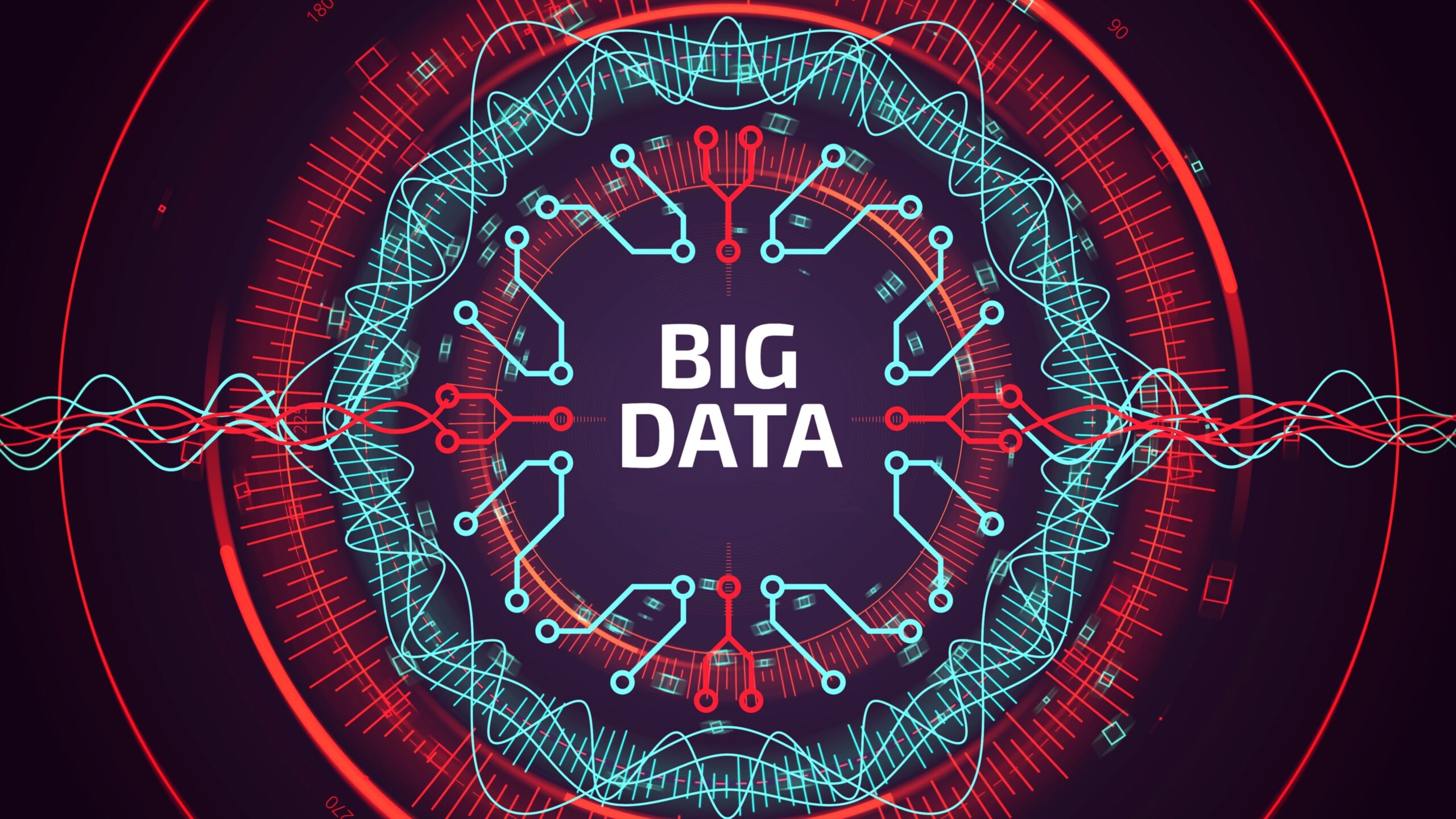Big Data’s Transformational Impact: Shaping the Future of Industries and Society
In today’s digital age, big data is no longer a buzzword but a ubiquitous force that is transforming industries and society as a whole. We are constantly generating data, from the clicks we make on our smartphones to the sensors embedded in our homes and cars. This vast amount of data, if properly harnessed, holds immense potential to improve our lives, businesses, and the world around us.
Big Data Analytics Drives Business Growth
One of the most significant impacts of big-data is its ability to drive business growth. Businesses that can effectively collect, analyze, and utilize big data are gaining a competitive edge in today’s dynamic marketplace. Big data analytics provides businesses with valuable insights into customer behavior, market trends, and operational efficiencies, enabling them to make informed decisions that optimize their performance.
Example: Netflix’s Personalized Recommendations
Netflix, the streaming giant, exemplifies how big data analytics can drive business growth through personalized recommendations. By analyzing user viewing history, search patterns, and demographics, Netflix can predict what each viewer is likely to enjoy, leading to increased engagement and retention. Netflix’s sophisticated recommendation algorithm has been instrumental in its success, keeping subscribers engaged and satisfied.
Big Data-Driven Marketing and Customer Engagement
In the realm of marketing, big data is revolutionizing the way businesses connect with their customers. By analyzing customer data, businesses can personalize marketing campaigns, target the right audience, and deliver relevant content that resonates with individual preferences. This data-driven approach to marketing is leading to increased customer engagement, stronger brand loyalty, and ultimately, improved sales.
Example: Amazon’s Targeted Product Recommendations
Amazon, the e-commerce behemoth, is a prime example of how big data-driven marketing can enhance customer engagement and drive sales. By analyzing customer purchase history, browsing behavior, and product reviews, Amazon can suggest relevant products to each user, increasing the likelihood of additional purchases. Amazon’s personalized product recommendations have become an integral part of its customer experience, contributing to its dominance in the online retail space.
Related: Data-Driven Decision Making: The 6 Keys to Becoming a Market Leader
Big Data for Risk Management and Mitigation
Big-data is also playing a crucial role in risk management and mitigation. By analyzing historical data and identifying patterns, businesses can anticipate and prevent potential risks, such as financial fraud, supply chain disruptions, and product safety hazards. This proactive approach to risk management is crucial for protecting businesses from costly losses and ensuring long-term sustainability.
Example: Financial Fraud Detection in the Banking Industry
Financial institutions are increasingly utilizing big-data analytics to combat financial fraud. By analyzing patterns in customer behavior, spending habits, and transaction data, banks can identify and prevent fraudulent transactions. This proactive approach to fraud detection has become essential in today’s interconnected financial landscape, protecting both banks and their customers from financial losses.
Related: Forecasting Financial Market Trends with Big Data: Unveiling the Future of Investments
Big Data and Ethical Considerations
As big-data continues to permeate our lives, it is essential to consider the ethical implications of its use. Businesses must ensure that they are collecting, storing, and using data in a responsible and transparent manner, respecting individual privacy and protecting against potential misuse. Proper governance and ethical frameworks are essential for building trust and ensuring that big data is a force for good.
Conclusion
Big-data is not just a technological trend; it is a fundamental shift in how we operate and understand the world around us. Businesses, governments, and individuals alike must adapt to this new data-driven reality to seize the opportunities and address the challenges that big data presents. By embracing big data responsibly and ethically, we can harness its power to create a better future for all.


